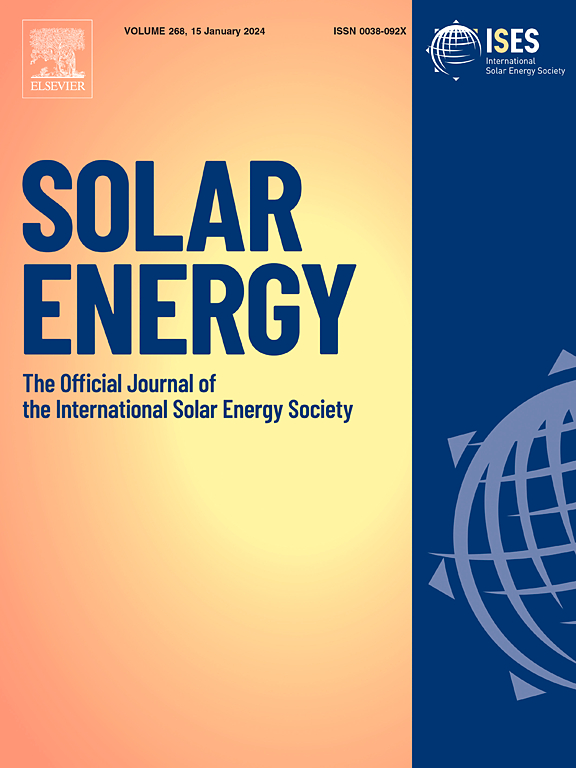Thermal stability and microstructure of sodium nitrite in multicomponent molten salts: An experimental analysis
IF 6
2区 工程技术
Q2 ENERGY & FUELS
引用次数: 0
Abstract
LiNO3 exhibits excellent properties in mixed molten salts but is prohibitively expensive for practical applications. In this study, we explored the feasibility of incorporating NaNO2 as a partial substitute for LiNO3 to reduce costs while maintaining desirable performance in thermal storage systems. Differential scanning calorimetry, thermogravimetric analysis, and Raman spectroscopy were employed to analyze nitrites composed of NaNO3-KNO3 (−LiNO3) with varying NaNO2 contents (0–20 wt%). The effect of NaNO2 content on the thermal stability of mixed molten salts from both macro and micro perspectives was investigated. These results indicate that in the NaNO3-KNO3-NaNO2 ternary molten salt system, increasing the NaNO2 content leads to greater NO3– vibration and enhanced thermal stability. Upon replacing LiNO3 with NaNO2, the NO3– vibration initially decreases and then increases, with the sample containing 7 wt% NaNO2 exhibiting the highest thermal stability differential of 488.11°C. This represents an enhancement of approximately 37 %, thereby surpassing the performance of the pure ternary LiNO3 molten salt system. These findings suggest that the substitution of LiNO3 with NaNO2 possesses significant potential for the design and development of new cost-effective molten salt systems with superior thermal stability.
多组分熔盐中亚硝酸钠的热稳定性和微观结构:实验分析
LiNO3 在混合熔盐中表现出卓越的性能,但在实际应用中价格昂贵,令人望而却步。在本研究中,我们探讨了加入 NaNO2 部分替代 LiNO3 的可行性,以降低成本,同时保持热存储系统的理想性能。我们采用差示扫描量热法、热重分析法和拉曼光谱分析了不同 NaNO2 含量(0-20 wt%)的由 NaNO3-KNO3 (-LiNO3) 组成的亚硝酸盐。从宏观和微观角度研究了 NaNO2 含量对混合熔盐热稳定性的影响。结果表明,在 NaNO3-KNO3-NaNO2 三元熔盐体系中,NaNO2 含量的增加会导致 NO3- 振荡加剧,热稳定性增强。用 NaNO2 取代 LiNO3 后,NO3- 振动先减小后增大,NaNO2 含量为 7 wt% 的样品显示出最高的热稳定性差值 488.11°C。这表明热稳定性提高了约 37%,从而超过了纯三元 LiNO3 熔盐体系的性能。这些研究结果表明,用 NaNO2 替代 LiNO3 在设计和开发具有优异热稳定性、经济高效的新型熔盐体系方面具有巨大潜力。
本文章由计算机程序翻译,如有差异,请以英文原文为准。
求助全文
约1分钟内获得全文
求助全文
来源期刊

Solar Energy
工程技术-能源与燃料
CiteScore
13.90
自引率
9.00%
发文量
0
审稿时长
47 days
期刊介绍:
Solar Energy welcomes manuscripts presenting information not previously published in journals on any aspect of solar energy research, development, application, measurement or policy. The term "solar energy" in this context includes the indirect uses such as wind energy and biomass
 求助内容:
求助内容: 应助结果提醒方式:
应助结果提醒方式:


